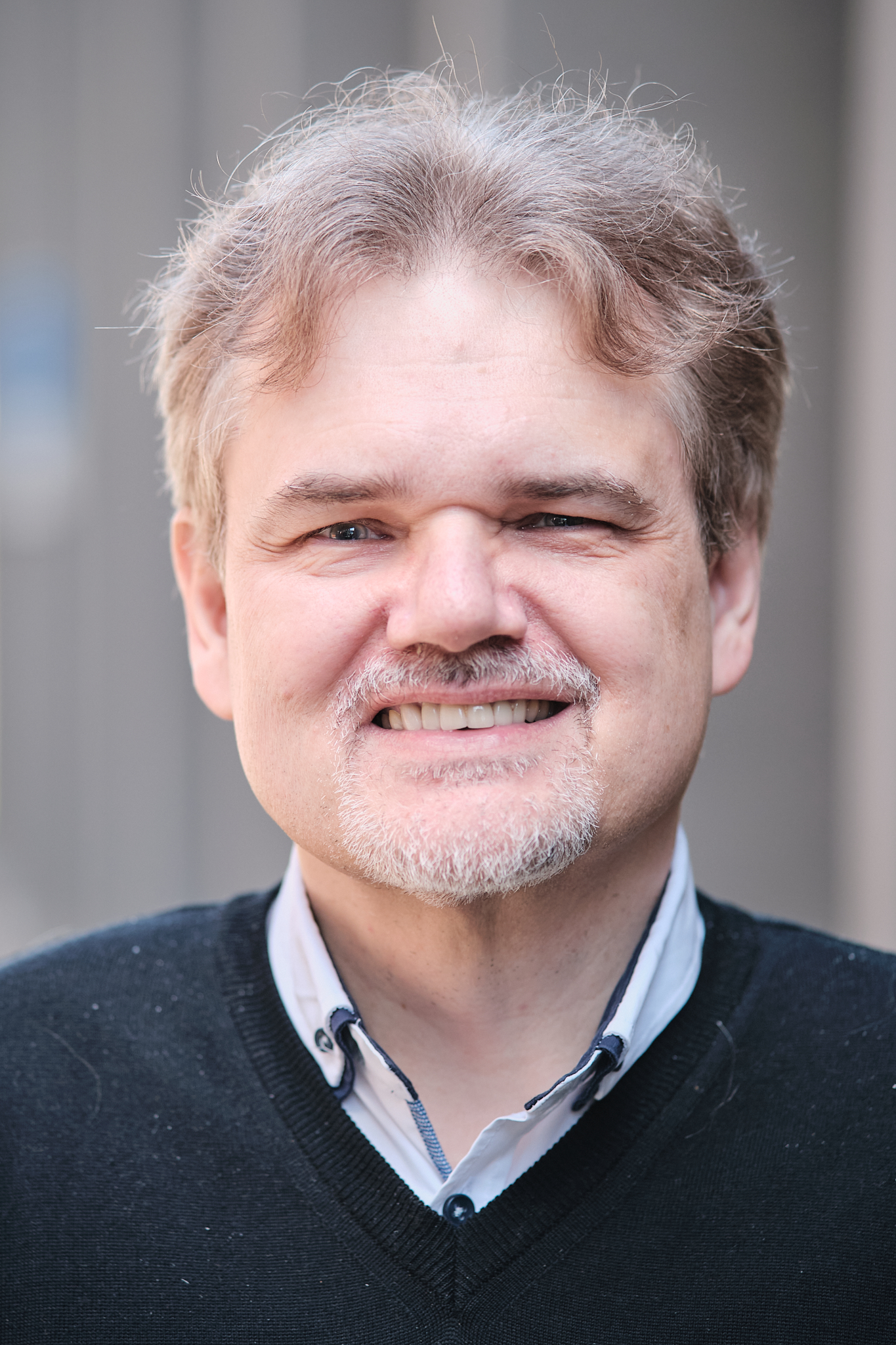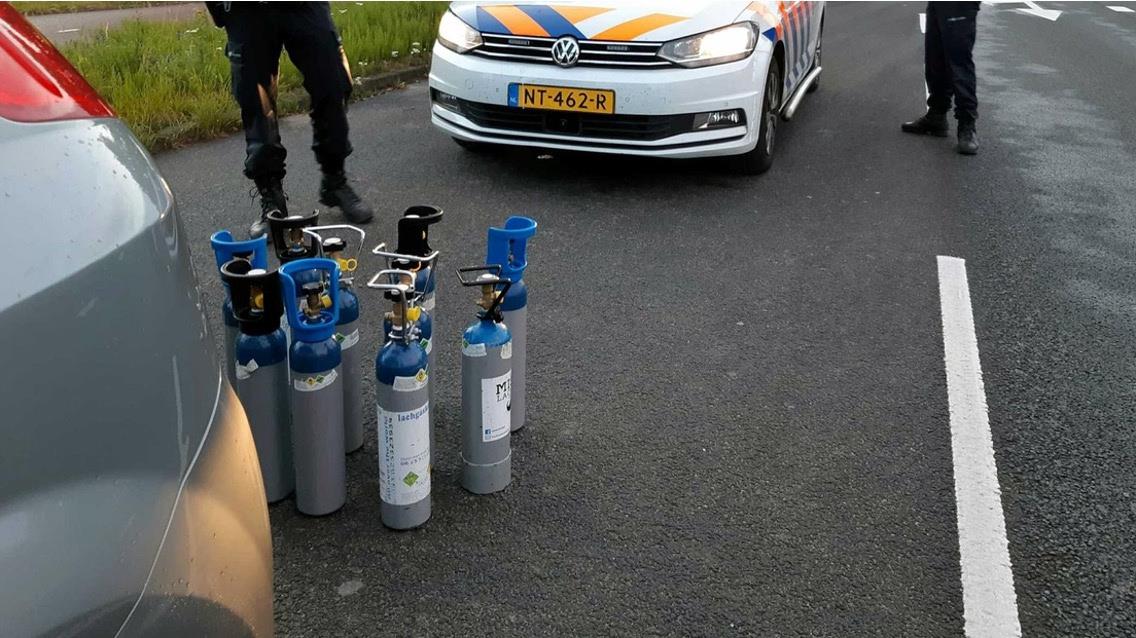Inauguration Petra Hurks | Professor Psychodiagnostics
On 9 September 2022, 16.30hrs, Professor Petra Hurks will give her inaugural lecture as Professor Psychodiagnostics.
The road to psychology
Since the second grade of high school, Professor Hurks was already certain that she wanted to study math. “Actually, I started this programme at university. However, during that first year, I started to doubt whether this was the field that I wanted to work in and/or whether this study suited me”. After thinking about a new direction for a while, a friend and psychology student showed her pictures of the human brain. “I was quickly convinced”.
After a year of general psychology, Hurks specialised in neuro- and rehabilitation psychology. “We looked at the relationship between brain and behaviour, and my first intention was to go into the field of healthcare. But even then, I wanted to be connected to research”. Hurks conducted an internship in psychiatry and at the Expertise centre Kempenhaeghe.
Research
When Hurks was graduating, a PhD position opened at the Faculty of Health, Medicine and Life Sciences. She was hired for the position and started research focusing on whether there are factors measurable at preschool age that predict whether a child will develop ADHD. “As a PhD Student, I did research, taught classes, and was given the opportunity to work as a psychologist in the field. Almost immediately after my promotion, I decided to make a choice, and, in addition to teaching, to zoom in on research, but patient oriented research, to not lose the connection to the clinical field”.
Psychodiagnostics
In the last years, Hurks’ research has homed in on psychodiagnostics. “It’s a broad field of research, we look at how you can (reliably and valid) map people’s behaviour and thinking, and if you can then make statements about these people”. When people get a diagnosis (e.g. ADHD), we then look at what treatment would fit best, and what the effects are of this treatment. “In my tenure as professor, I try not only to look at the "clinical side" of psychology, but also, for example, at the value of psychodiagnostics in education and work and organisational psychology. Here, in principle, you do the same thing. You try to make statements about people by means of instruments and by collecting information and combining it, in a transparent way, to be able to decide if e.g., you are going to hire somebody”.
Would you like to learn more about Professor Hurks’ field, then join the inaugural lecture on 9 September, 16.30hrs, Minderbroedersberg 4-6, or join via livestream.
Also read
-
FPN’s prof. dr. Rainer Goebel has been awarded an ERC Advanced Grant of € 2,5M for his research project Reading the Mind’s Eye: AI inspired personalised brain models of mental imagery. Goebel is among 255 researchers (out of 1829 applications in all domains) in Europe to receive the grant, and he is...
-
When nitrous oxide (laughing gas) is used recreationally, its presence remains detectable in the breath and bloodstream for at least 60 minutes after inhalation, and the development of an instrument to measure it is technically feasible. These were among the findings of a study at Maastricht...
-
What happens in the brain of someone with a psychiatric disorder? Eleonora Broggi, an alumna of the bachelor Biomedical Sciences at Maastricht University, is investigating brain patterns in people with autism spectrum disorder at King’s College London. Read how Eleonora uses Biomedical Sciences for...



